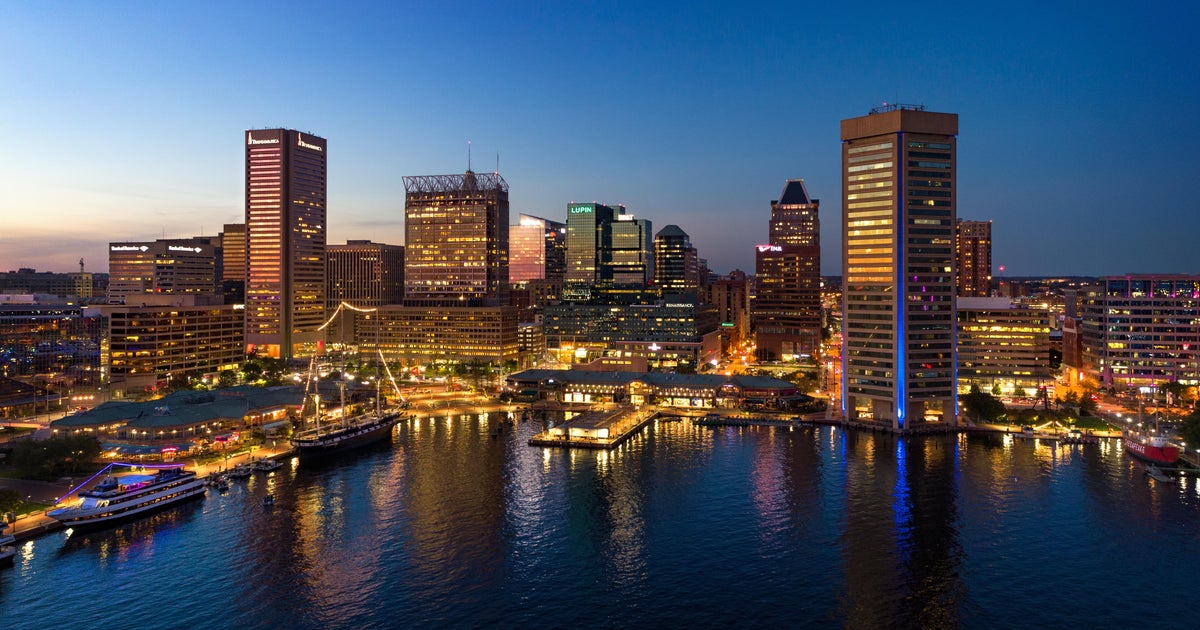Grid Manager: Cape Wind Unlikely Done By Mid-2015
BOSTON (AP) — The long-planned Cape Wind offshore wind project is unlikely to be producing electricity by mid-2015, New England's power grid manager says in a new report that raises the prospect of more delays in a project beset by them.
But Cape Wind officials say they disagree with ISO New England's evaluation and expect to be running at least partially by mid-2015.
ISO New England's determination about Cape Wind was included in a Jan. 3 filing with federal regulators in which the company ruled on requests by Cape Wind and other power generators to participate in a market it oversees.
In rejecting Cape Wind's request, it said, "The ISO and its consultants ... have determined that it is unlikely that the project will achieve Commercial Operation by the start of the 2015-2016 Capacity Commitment Period." That period begins June 1, 2015.
Cape Wind was proposed in 2001 and aims to be the nation's first offshore wind farm. But it has faced obstacles that have repeatedly forced it to move back its projected start date, including at least three times since 2009, when it was hoping to produce electricity by 2011.
Cape Wind's most recent public projection saw it beginning construction by next year and producing power in 2014. The project is still seeking buyers for an unsold half of its power output. That's seen as critical to getting financing for the full 130-turbine project, planned for Nantucket Sound.
The delays have had consequences for the $2.6 billion project. Last May, Cape Wind's bid to win a federal loan guarantee to cover a major portion of its cost was placed on hold, with the Department of Energy citing concerns about Cape Wind's "readiness to proceed at this time."
The timeline also plays into its contract with the utility National Grid, which has agreed to buy half of its power. The contract says Cape Wind must begin construction by Dec. 31, 2013, and be producing power by Dec. 31, 2015. The contract allows up to a two-year extension on both dates, but Cape Wind would have to pay a non-refundable security deposit of about $2.3 million.
The head of Cape Wind's chief opponent, the Alliance to Protect Nantucket Sound, said the repeated delays ultimately create crippling uncertainty among investors about the project's future. And ISO New England's opinion makes it's increasingly clear Cape Wind won't ever happen, alliance president Audra Parker said.
"It's never going to be built," she said.
Cape Wind Vice President Dennis Duffy said the ISO New England projection was just a matter of opinion, given by an entity that, by its nature, must make conservative judgments. ISO New England is an independent, not-for-profit company regulated by the federal government and charged with ensuring reliable electricity delivery in the region.
"It all comes down to a question of judgment on something that everyone knows is uncertain," Duffy said. "We think it is very likely we'll be online by June 2015, either in whole or in part."
Duffy said the project got a huge boost from a Massachusetts Supreme Judicial Court decision last month, which backed Cape Wind's power deal with National Grid.
"To the extent people were concerned about uncertainties with the project moving forward, that SJC decision was a major point, giving everybody a lot of real confidence in the project," he said. "The investment community has duly noted that event."
Cape Wind's advocates say it will reduce carbon emissions and dependence on foreign fuel and create jobs by kicking off a new energy industry. Opponents say the project's power has been priced far too high and the wind farm will ruin unspoiled views in Nantucket Sound, while endangering birds, marine life and maritime traffic.
Last year, Cape Wind asked ISO New England for permission to enter the "capacity market," in which power producers are paid for maintaining their potential to produce electricity. The market looks three years into the future and aims to guarantee that, at that time, there will be enough electricity to meet demand.
"It's important for us to have projects that we know we can count on to be there," said ISO spokeswoman Marcia Blomberg.
In its Jan. 3 report, The ISO didn't detail why it didn't think Cape Wind would be ready by June 2015, and Blomberg said the information was confidential. She said, in general, the ISO considers such factors as a project's financing, permitting and the time required to obtain equipment needed to build it.
Cape Wind was among 37 projects whose first-time requests to enter the capacity market were rejected, Blomberg said.
She said that if Cape Wind were running before June 2015, it could sell its power in the daily market where energy is bought and sold.
Copyright 2012 The Associated Press.







